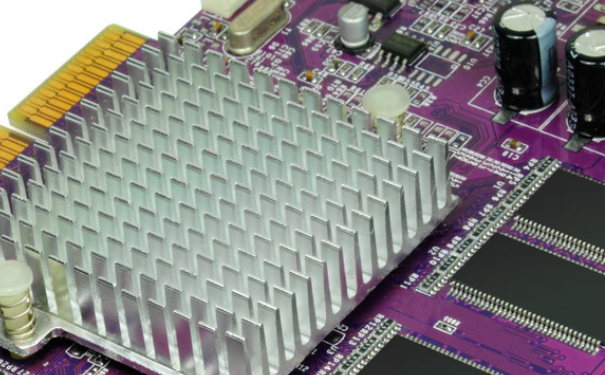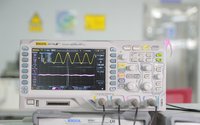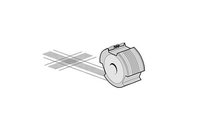Main purpose of selecting RoHS compliant lead-free solder
Date:2022-10-20 16:33:00 Views:2195
Due to the environmental hazards associated with lead, the electronics industry is in the process of eliminating lead from all manufactured products. RoHS helps to reduce the damage to human beings and the environment in the third world countries. In these third world countries, today's "high-tech waste" mostly ends with this kind of waste. The use of lead-free solders and components provides direct health benefits to electronics workers in prototype manufacturing and production operations.
Adherence to the ROHS directive requires significant changes in PCB assembly process. This is mainly because the ROHS directive requires organizations to participate in PCB assembly process to ensure that any hazardous substances specified in the directive will not be used in any assembly process, including circuit boards, welding and components. For example, organizations providing PCB assembly services have been using lead based solders for decades. The new directive requires them to convert their processes to include lead-free soldering in the design and assembly of printed circuit boards used in the electrical and electronic industries. In addition, most circuit boards manufactured are coated with surface treatment containing lead and tin, which also needs to be replaced with lead-free to ensure compliance with ROHS standards.

Now it becomes more urgent to organize and establish a PCB assembly process that is not only lead-free but also ROHS compliant. The reasons range from legislation to environment and finance. The following are the 10 most important reasons why organizations should actively plan lead-free ROHS compatible PCB assembly processes
If you are a PCB assembly service provider to the EU, you need to ensure ROHS compliance during the assembly process in order to conduct business in the EU. This is because any electronic or electrical products entering the EU need a bill of materials conforming to ROHS standards and use ROHS compliant technologies.
Even if you do not have business in the EU, it is better to actively plan and establish lead-free PCB assembly processes that meet ROHS standards, because almost all major countries and states have formulated regulations to restrict the use of hazardous and environmentally harmful substances in industrial processes.
The introduction of RoHS will help reduce environmental waste, especially in the third world countries, and eventually become the dumping ground for most electronic wastes.
The health and liability risks associated with lead cooperation have become the main reason for legislation by restricting the use of lead in many industries. In the PCB assembly process, the health risks caused by workers' exposure to solder paste led to the development of lead-free PCB assembly. The lead-free PCB assembly environment can eliminate the health risks of workers and reduce the organizational responsibility during the assembly process.
By using lead-free soldering, PCB designers have been able to simplify the design of PCB, which itself is the main reason for the size breakthrough of PCB. Simpler PCB layout enables PCB manufacturers to assemble and manufacture smaller circuit boards, which is what they have been trying to do before. The ability to assemble smaller printed circuit boards has led to the introduction of faster, smaller handheld devices, such as tablets and mobile phones.
Another important reason for using lead-free soldering is that when it can be used to assemble printed circuit boards, precision and closely stacked spacing elements should be used, such as those required by the semiconductor industry.
A major problem with the use of lead-free assembly is reliability, because there are no common standards governing lead-free soldering. However, facts have proved that these concerns are unfounded, because since the introduction of the ROHS standard, statistics show that errors and customer complaints in the EU have decreased.
Lead free soldering makes large-scale assembly of smaller and tighter printed circuit boards faster and cheaper than before. This enables enterprises using ROHS compliant lead-free assembly processes to achieve significant cost savings.
In addition, companies using lead-free, ROHS compliant PCB assembly processes can use them as a selling point. At the same time, the introduction of lead-free and ROHS compatible PCB assembly processes improves your ability to compete in a global environment. Chuangxin Testing is a professional testing agency for electronic components. At present, it mainly provides integrated circuit testing services such as capacitance, resistance, connector, MCU, CPLD, FPGA, DSP, etc. Specializing in electronic component function testing, electronic component incoming appearance testing, electronic component dissection testing, acetone testing, electronic component X-ray scanning testing, ROHS component analysis testing. Welcome to call, we will serve you wholeheartedly!




 Weixin Service
Weixin Service

 DouYin
DouYin
 KuaiShou
KuaiShou





















